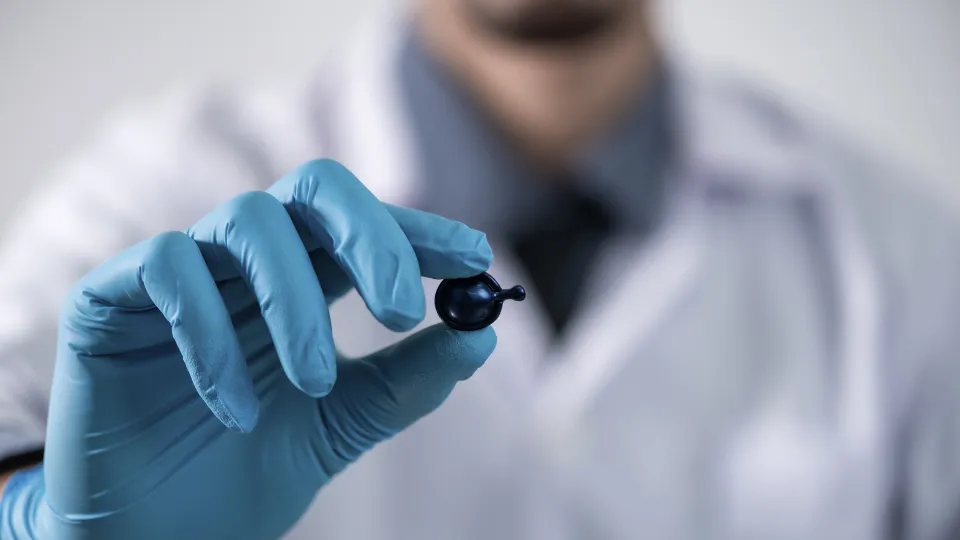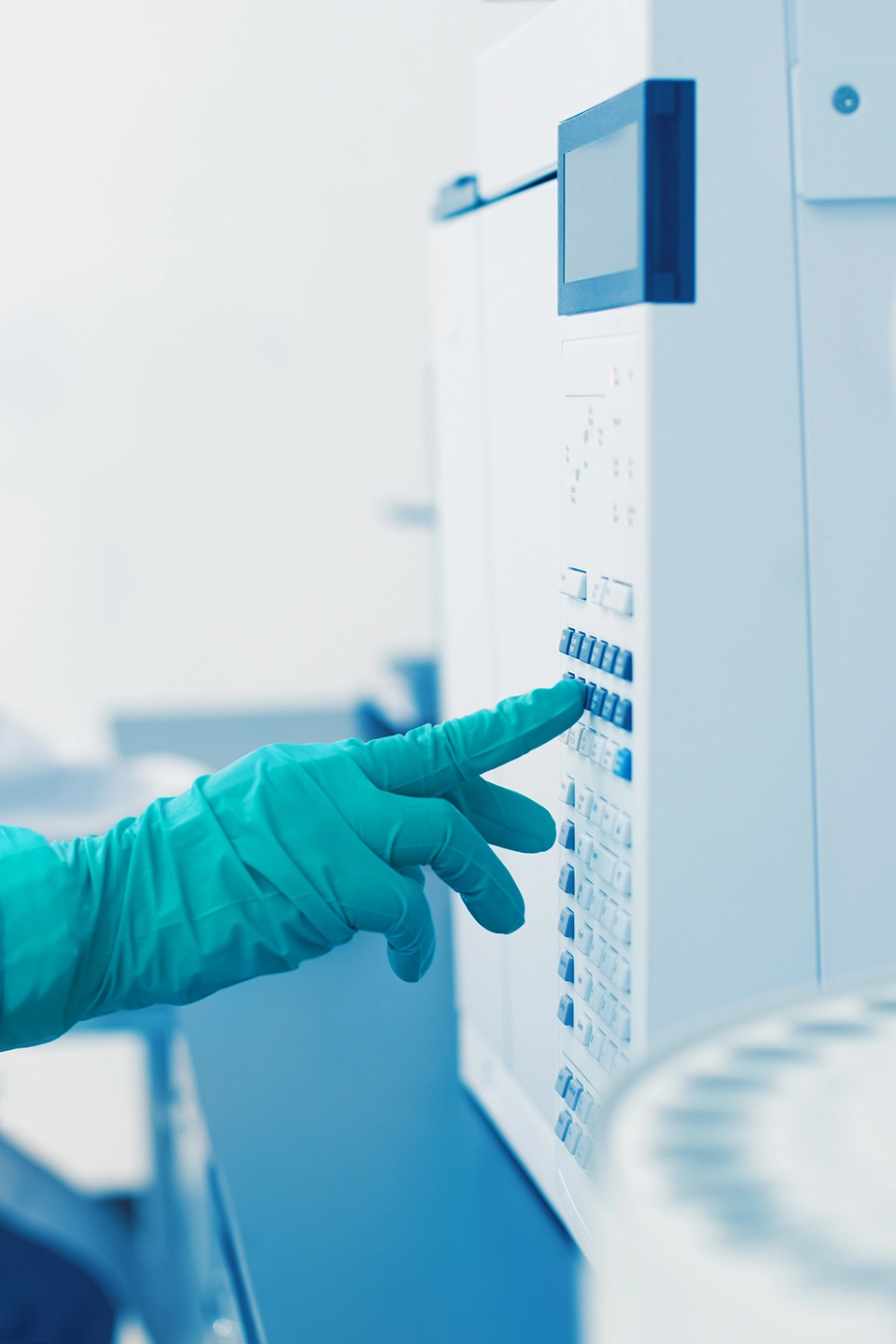Scientific instrumentation plays a pivotal role in the success of start-up companies operating in research, development, and innovation-driven industries. Acquiring state-of-the-art lab equipment is essential for conducting experiments, testing samples, gathering data, and driving scientific breakthroughs.
However, for start-ups with limited financial resources, the decision to buy or finance scientific instrumentation can significantly impact their operations and long-term growth.
In this article, we will explore the concept of financing scientific instrumentation for start-up companies, and discuss various options available.

Buying vs. Financing Scientific Instrumentation: Making the Right Choice
Buying analytical instrumentation and other specialized equipment can be a major obstacle. Many start-up companies can’t access traditional debt funding from banks and financial institutions for their equipment needs. This is common for start-up companies with emerging credit who are running on their seed-funding or series-funding.
When it comes to acquiring lab equipment, start-up companies face the decision between buying outright or opting for financing options. Both approaches have their own merits, and the choice depends on several factors unique to each start-up’s situation.
Buying equipment outright offers immediate ownership and control over the assets. It eliminates the need for ongoing payments, interest rates, and lease agreements. However, this option requires substantial upfront capital, which can strain a start-up’s financial resources. Additionally, technological advancements may render the purchased equipment outdated over time, leading to the need for expensive upgrades.
On the other hand, financing scientific instrumentation provides start-ups with the flexibility to conserve capital and distribute resources efficiently. Financing allows spreading the cost of equipment over time through manageable monthly payments. This approach enables start-ups to get advanced scientific instruments without exhausting their initial funding. It also provides an opportunity to keep pace with technological advancements by facilitating equipment upgrades and replacements.

Exploring Options for Financing Scientific Instrumentation
Leasing lab equipment has become a popular choice for start-up companies due to its many benefits. Leasing allows companies to conserve capital, avoid equity dilution, and access the latest models of analytical instrumentation. At the end of the lease term, the option to purchase the equipment is determined by whether its a capital or fair market value (FMV) lease.
- For capital leases, the lab equipment can be purchased for a $1 dollar buyout at the end of the lease term.
- For fair market value leases, the lab equipment can either be returned or purchased at the asset’s fair market value.
The Popularity of Financing Scientific Instrumentation in Start-up Companies
Leasing has gained significant popularity among life sciences and biotech start-up companies for several reasons:
- Flexibility and scalability: Leasing agreements offer flexibility, allowing start-ups to upgrade or add equipment as their needs evolve. Leases provide the opportunity to adjust the equipment portfolio without the burden of selling or disposing of outdated assets. This scalability supports the growth and innovation goals of start-ups.
- Cost-effectiveness and conservation of capital: Leasing requires minimal upfront costs and offers predictable monthly payments, enabling start-ups to manage their capital more efficiently. By avoiding large upfront capital investments, start-ups can preserve their cash flow for other critical business operations such as research, marketing, and talent acquisition. Plus, the start-up company can avoid diluting equity at such critical preliminary stages.
- Access to cutting-edge technology and upgrades: The fast-paced nature of scientific advancements demands access to the latest equipment. Leasing gives start-ups access to the latest-generation technology without committing to the long-term ownership of rapidly depreciating assets. Leasing agreements often include provisions for equipment upgrades, ensuring that start-ups can stay at the forefront of scientific research.

Understanding the Difference Types of Leases
- Capital Leases: Capital lease agreements are structured to enable start-ups to eventually own the equipment. Like fair market value leases, capital leases involve regular monthly payments over a set term. At the end of the term, the start-up purchases the equipment for a nominal fee (typically a $1 buyout). These agreements enable start-ups to use the equipment while gradually building equity.
- Fair Market Value Leases: A fair market value lease is like a rental agreement where the lessor retains ownership throughout the term. The lessee makes monthly payments for the right to use the lab equipment. At the end of the lease term, the lessee has the option to return the equipment, continue to rent the equipment or purchase the equipment at the fair market value.
Financing Scientific Instrumentation for Start-Up Companies – Making Informed Choices
Why don’t more start-up companies consider financing scientific instrumentation? Most start-ups are simply unaware that instrumentation financing is a choice. Most start-ups believe that since they are pre-revenue, financing is unobtainable. But the truth is that any company with a bank account and business plan is a viable candidate for instrumentation financing.
Getting scientific instrumentation is a crucial step for start-up companies in research-driven industries. When considering financing scientific instrumentation, start-ups must carefully evaluate their financial capabilities, growth plans, and equipment requirements. While buying equipment outright offers immediate ownership, financing options like leasing provide flexibility, cost-effectiveness, and access to leading-edge technology.
By understanding the key distinctions between equipment lease and finance, start-ups can make informed choices that align with their long-term goals. Ultimately, choosing the best program for financing scientific instrumentation can propel start-up companies toward success in their respective fields.



